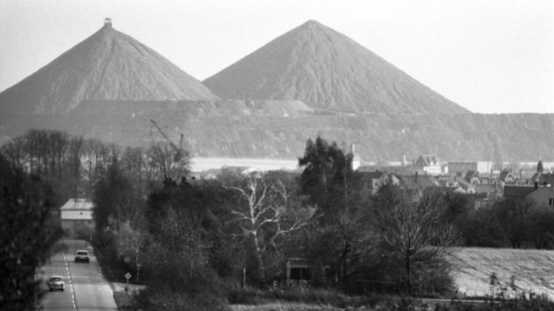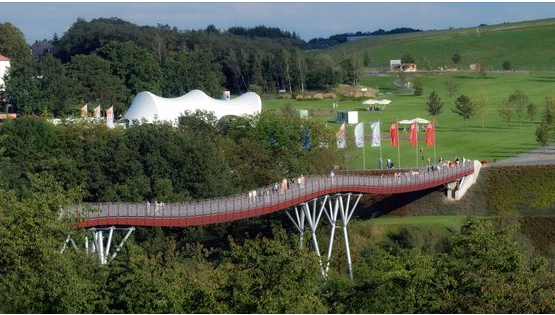News
North and South Korea’s Environmental Future

In his interview for the Jungang Daily Dr. Berhard Seliger talked about environmental issues that were present before and after the German Unification. In his interview Dr. Seliger states that in the past East Germany had less awareness for environmental pollution as it maintained a socialist structure focused more on the heavy industry. It became one of the main coal producers in the world, which led to the disappearance of nearby villages and the creation of a waste area. During those times, the few environmental activist played an important role in East Germany. After the fall of the Berlin wall, an environmental committee was formed between East and West Germany which resulted in positive changes in East Germany’s environment.

Nevertheless, some challenges still remained after the German Unification such as the Galtan mines, the chemical industrial complexes, and a great soil contamination in certain areas. Even though it took a lot of efforts to restore the damaged areas, currently they have been replaced with lakes, gardens, and nature spots. Dr. Seliger states that much like in Germany, the restoration of the environment in North Korea might take a long time, however, there is excitement to discover and protect the nature in the North.
You can read the whole article here.
